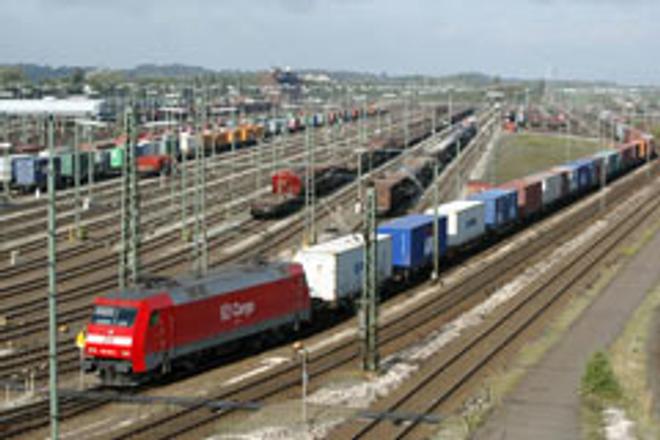RAILWAY cargo company Cargo Slovakia (ŽSSK Cargo) is preparing for a boom in intermodal transport. The company sees a clear shift developing in freight transport in Europe from road to railway transport, which is more eco-friendly.
The state supports intermodal transport with subsidies, Monika Schmidtová, PR manager of ŽSSK Cargo, told the SITA newswire.
The planned opening of the Čierna-Solomonovo border crossing should relieve some of the congestion at the Slovak-Ukrainian border. The intermodal transport terminal in Dobrá, which ŽSSK Cargo has owned and operated for six years, has sufficient capacity to handle the increasing flow of goods on the east-west route and its shift to the railway, according to the company, SITA wrote.
Cutting the charges for using railway routes, which in Slovakia are among the highest in the region, is now being discussed, ŽSSK Cargo said.
ŽSSK Cargo is solely responsible for the development and maintenance of intermodal shipments. During a recent press conference in Košice concerning the Čierna-Solomonovo border crossing and its impact on intermodal transport in Slovakia, the company presented two draft business strategies: one on intermodal transport as a whole; the other on its development in Slovakia in connection with Ukraine.
The Dobrá terminal lies on the fifth Pan-European railway corridor (Venice-Bratislava-Žilina-Košice-Čierna nad Tisou-Lviv) near the cross-dock station in Čierna nad Tisou and the Ukrainian and Hungarian borders. It is a modern public terminal of international standard that enables freight to switch from broad gauge to standard, or vice versa, in addition to providing standard terminal services.
ŽSSK Cargo ended 2007 with losses of about Sk55 million. In 2008, it is predicting a profit of Sk47 million.



 ZSSK Cargo, illustrative stock photo (source: SITA)
ZSSK Cargo, illustrative stock photo (source: SITA)